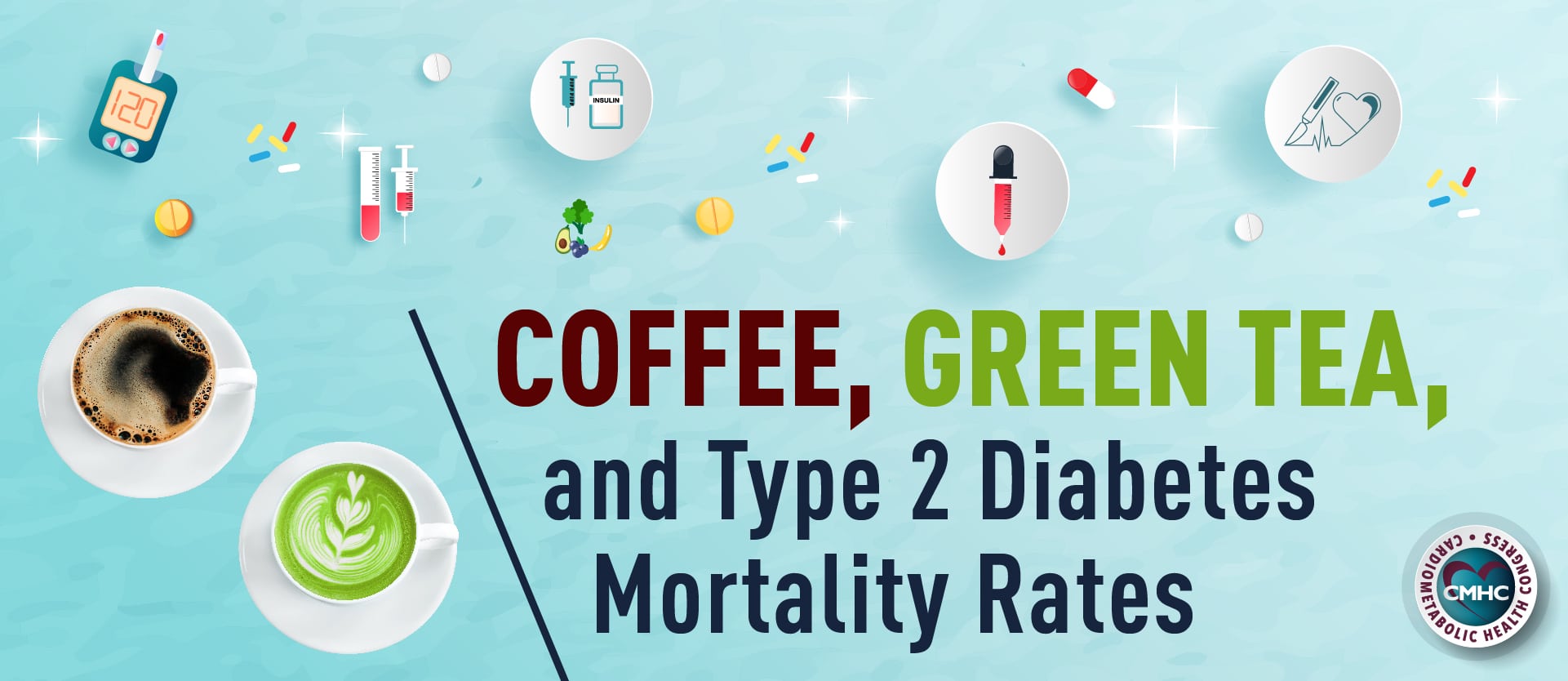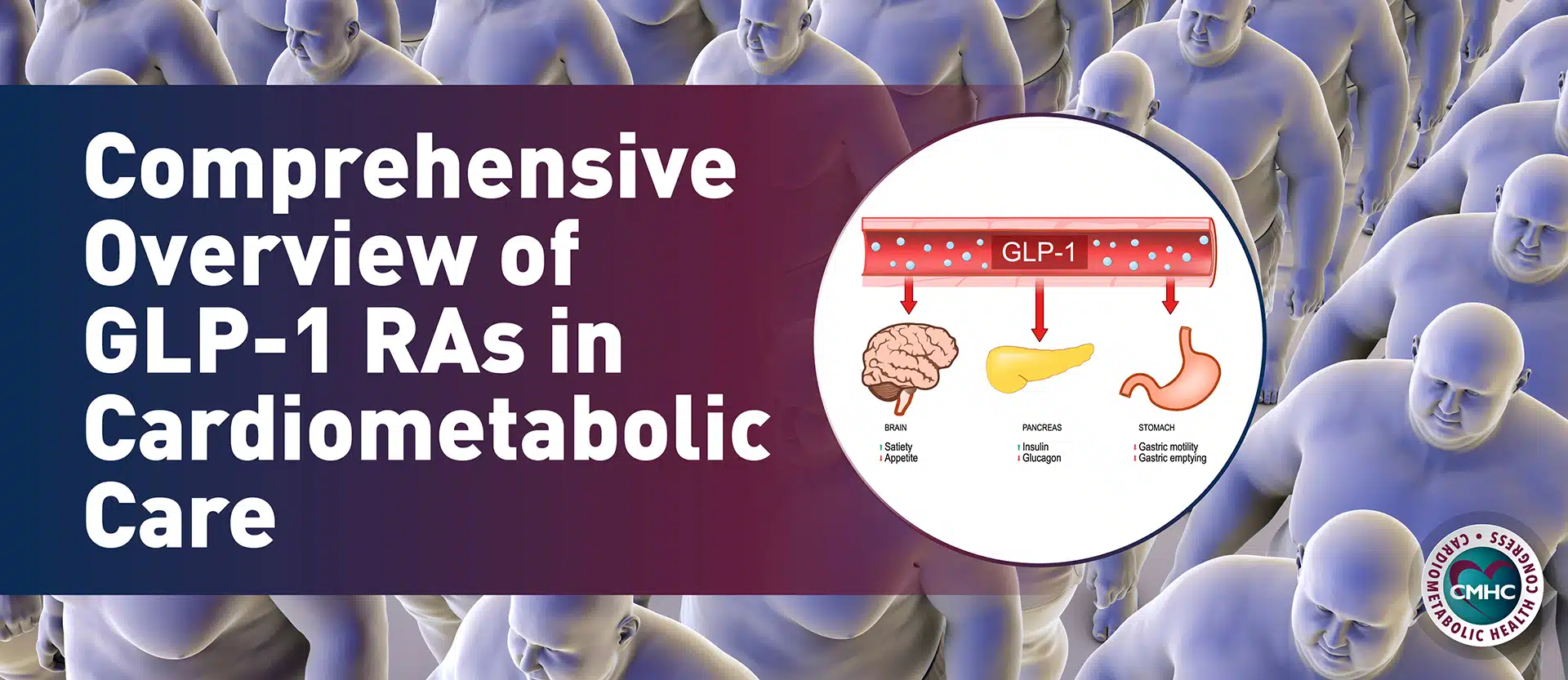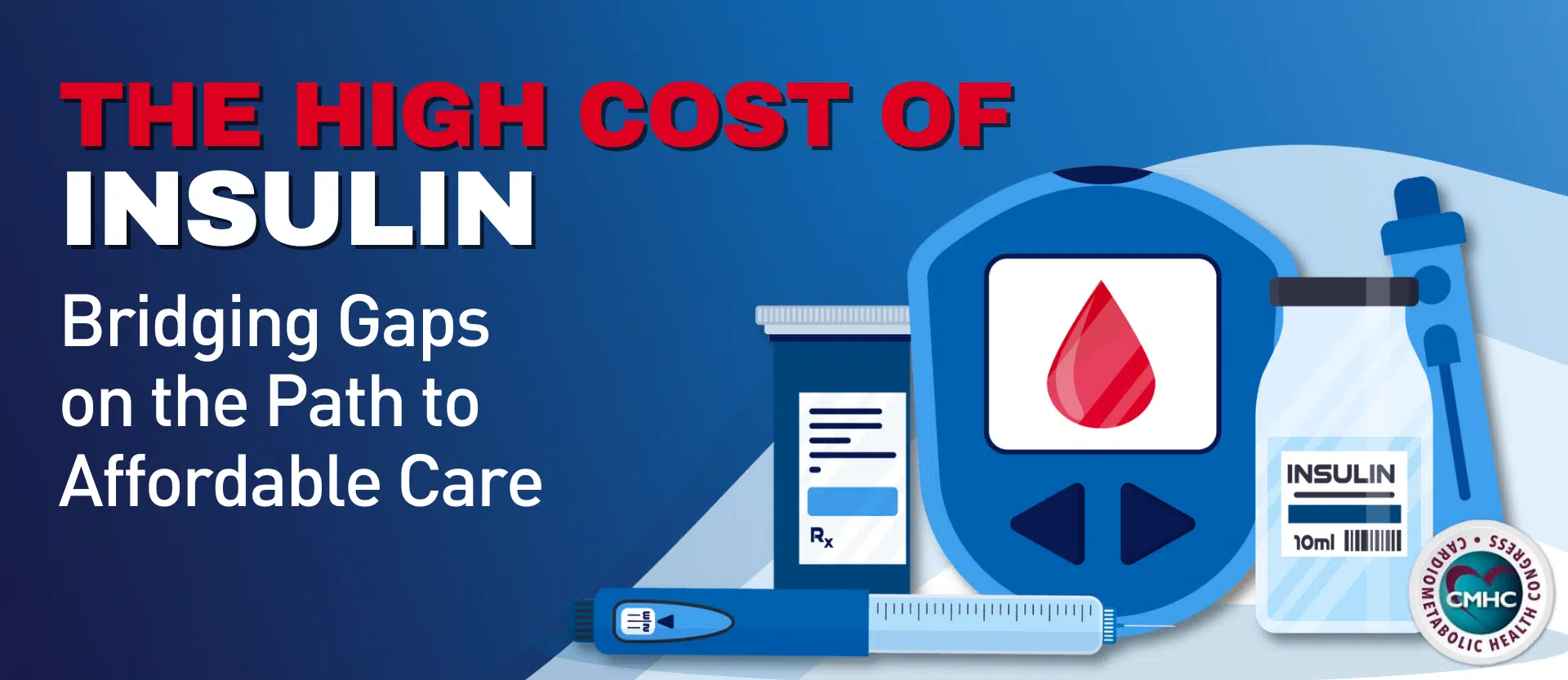Previous studies in the general population suggest that both green tea and coffee can contribute to health benefits, preventing chronic diseases, and even reducing mortality risks. However, limited evidence is currently available regarding the consumption of these beverages on patients with type 2 diabetes mellitus. There is significant potential for reduced all-cause mortality associated with drinking both coffee and green tea in patients with type 2 diabetes, per results of a recent study published in BMJ Open Diabetes Research & Care.
Coffee, Green Tea Consumption in Cohort
Led by Masanori Iwase, MD, PhD, of Kyushu University, a team of researchers investigated a cohort of nearly 5,000 patients with type 2 diabetes (mean age of 66 years) for approximately 5 years. For the multi-center prospective study data were gathered from the Fukuoka Diabetes Registry while the consumption of green tea and coffee was assessed using a self-administered dietary questionnaire. The researcher’s main study outcome was all-cause mortality rate in the cohort. During the 5.3 years of follow-up, 309 participants died; the main causes of death were cancer (occurring in 114 patients) and cardiovascular disease (occurring in 76 patients).
Decreased All-Cause Mortality
The study’s results revealed that there was no significant association between cancer incidence and green tea or coffee consumption, however, they did find a dose-response relationship for both beverages in terms of all-cause mortality.
Drinking one cup of green tea every day was associated with a decrease of 15% in mortality risk compared with the rate in those who did not drink green tea. Meanwhile, consuming two to three cups daily was associated with a 27% reduction and four or more cup resulted in a 40% drop in risk. In coffee-drinking participants, one cup consumed daily was associated with a 12% lower mortality risk and two or more cups were linked to a 41% reduction in risk, compared to the risk in those who drank no coffee.
The lowest all-cause mortality was reported in participants who drank both beverages on a daily basis. A 51% reduction in risk was noted for those who drank two to three cups of green tea and the equivalent amount of coffee. A 58% reduction in all-cause mortality was reported in those who drank four or more cups of green tea and one cup of coffee every day. Finally, the lowest all-cause mortality risk was found in participants who consumed four or more cups of green tea along along with two or more cups of coffee per day.
“In conclusion, this prospective cohort study demonstrated that greater consumption of green tea and coffee was significantly associated with reduced all-cause mortality: the effects may be additive,” the study authors wrote. “Our results suggest that consuming green tea and coffee may have beneficial effects on the longevity of Japanese people with type 2 diabetes.”
Limitations and Underlying Mechanisms
Potential confounding factors that may have affected the study’s results included sleep duration, diabetic complications, lifestyle, physical activity, laboratory data, and medications. Another limitation of the study was that it did not include information on education and socioeconomic status – both of which have an effect on mortality. Furthermore, no distinction was defined between caffeinated or decaffeinated coffee, although decaf is rarely consumed in Japan.
This was the first study to evaluate the joint effects of coffee and green tea consumption on all-cause mortality in patients with type 2 diabetes. As such, the mechanisms underlying this association remain to be understood. Researchers believe that the most prevalent beneficial substances in green tea – phenolic compounds, theanine, caffeine, and epigallocatechin gallate – and their antioxidant, anti-inflammatory, and anti-mutagenic properties may be partially responsible. In addition, coffee also contains phenolic compounds, caffeine, and other bioactive components which may have favorable health effects, such as chlorogenic acid with its antioxidant and anti-inflammatory effects. However, coffee has also been associated with increased blood pressure, heightened heart attack risk, and other adverse health effects.
The latest trial results need to be verified in a larger, global population study to ascertain whether they are generalizable to a broader pool of patients. However, at this time it appears that the consumption of both coffee and green tea can greatly benefit patients suffering from type 2 diabetes, significantly reducing all-cause mortality, and may be considered as an adjunctive therapeutic recommendation in cases which do not preclude their consumption.


















